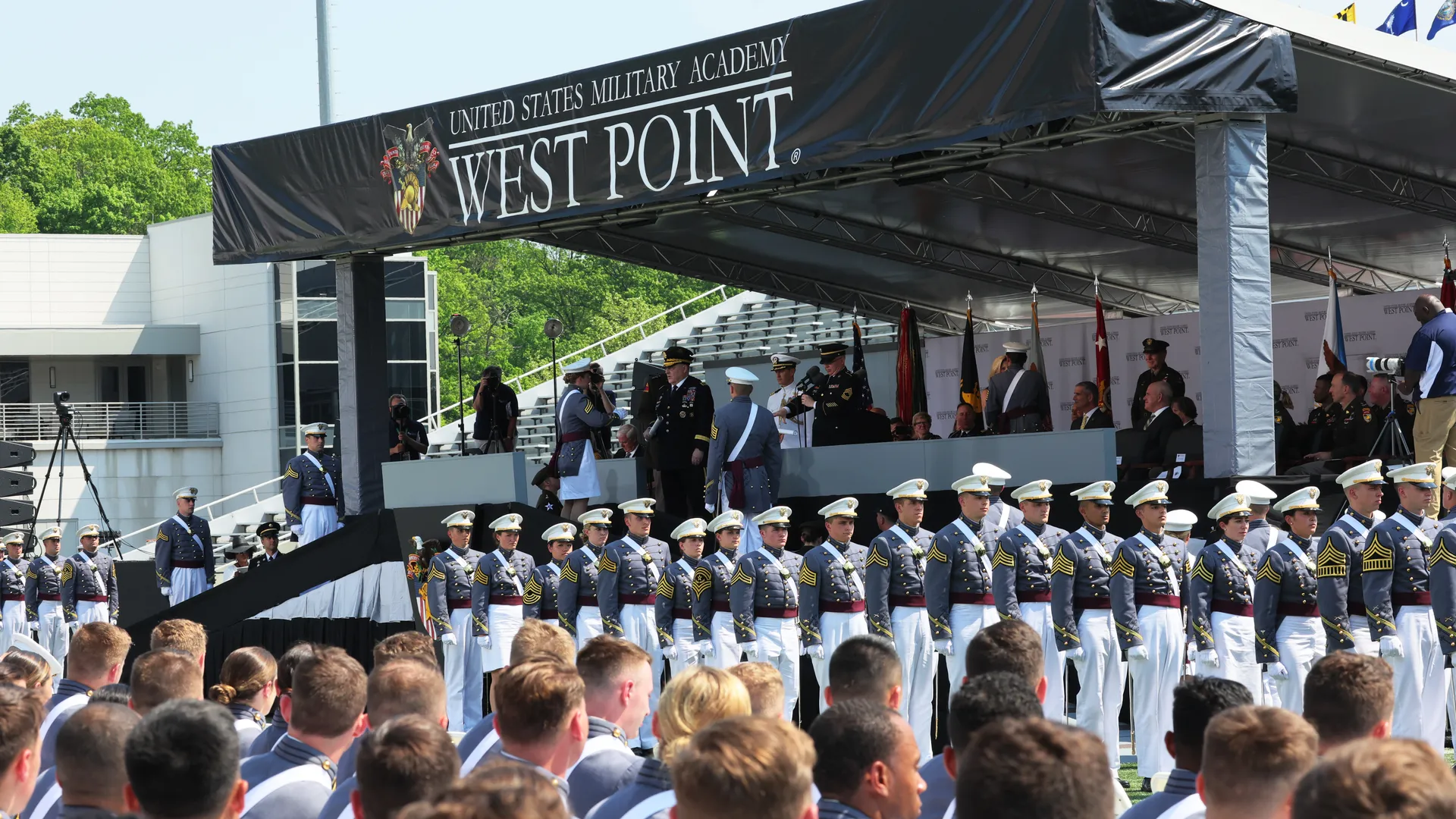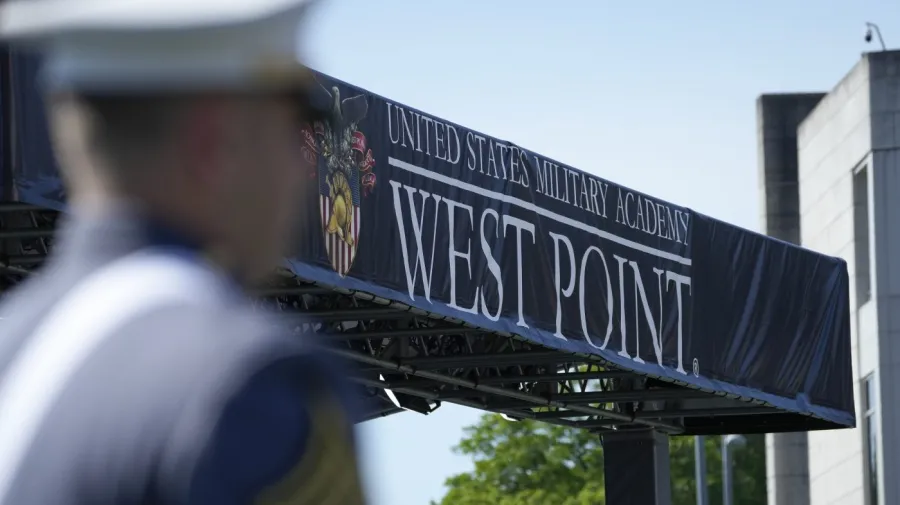The U.S. Supreme Court has declined to intervene in the U.S. Military Academy at West Point’s practice of considering race in admissions, allowing the controversial policy to continue while legal battles persist in lower courts.
The request denial came from Students for Fair Admissions, led by affirmative action opponent Edward Blum, following previous unsuccessful attempts in lower courts to halt the practice. This group had previously successfully challenged race-conscious collegiate admissions policies at Harvard University and the University of North Carolina.
The lawsuit alleged that West Point’s admissions practices discriminated against white applicants, contending a violation of the U.S. Constitution’s equal protection principle. However, the Supreme Court’s brief order emphasized an underdeveloped record, refraining from expressing any view on the constitutional matter.
West Point, situated in New York, holds a distinguished reputation for educating cadets destined for U.S. Army commissions, with notable alumni including former U.S. Presidents Dwight Eisenhower and Ulysses Grant, as well as current Defense Secretary Lloyd Austin. Students for Fair Admissions had sought Supreme Court resolution before the academy’s application deadline for the class of 2028, which passed on Wednesday.
The U.S. Justice Department, in a filing, argued that a diverse corps of officers, including racial and ethnic diversity, is crucial for national security. This sentiment aligns with West Point’s assertion that a more diverse officer corps enhances effectiveness, cohesion, and legitimacy in the eyes of the nation and the world.
The legal dispute revolves around the constitutional merits of the case, emphasizing the principle of equal protection. While the Supreme Court refrained from expressing a stance, the broader debate on affirmative action continues to unfold, exploring its role in creating a more effective fighting force. West Point and the Justice Department are yet to comment on the Supreme Court’s decision.

This situation mirrors the ongoing legal challenges against race-conscious admissions policies in other military service academies, with Students for Fair Admissions also suing the Naval Academy. The complex issue underscores the delicate balance between diversity considerations and constitutional principles in admissions policies.





